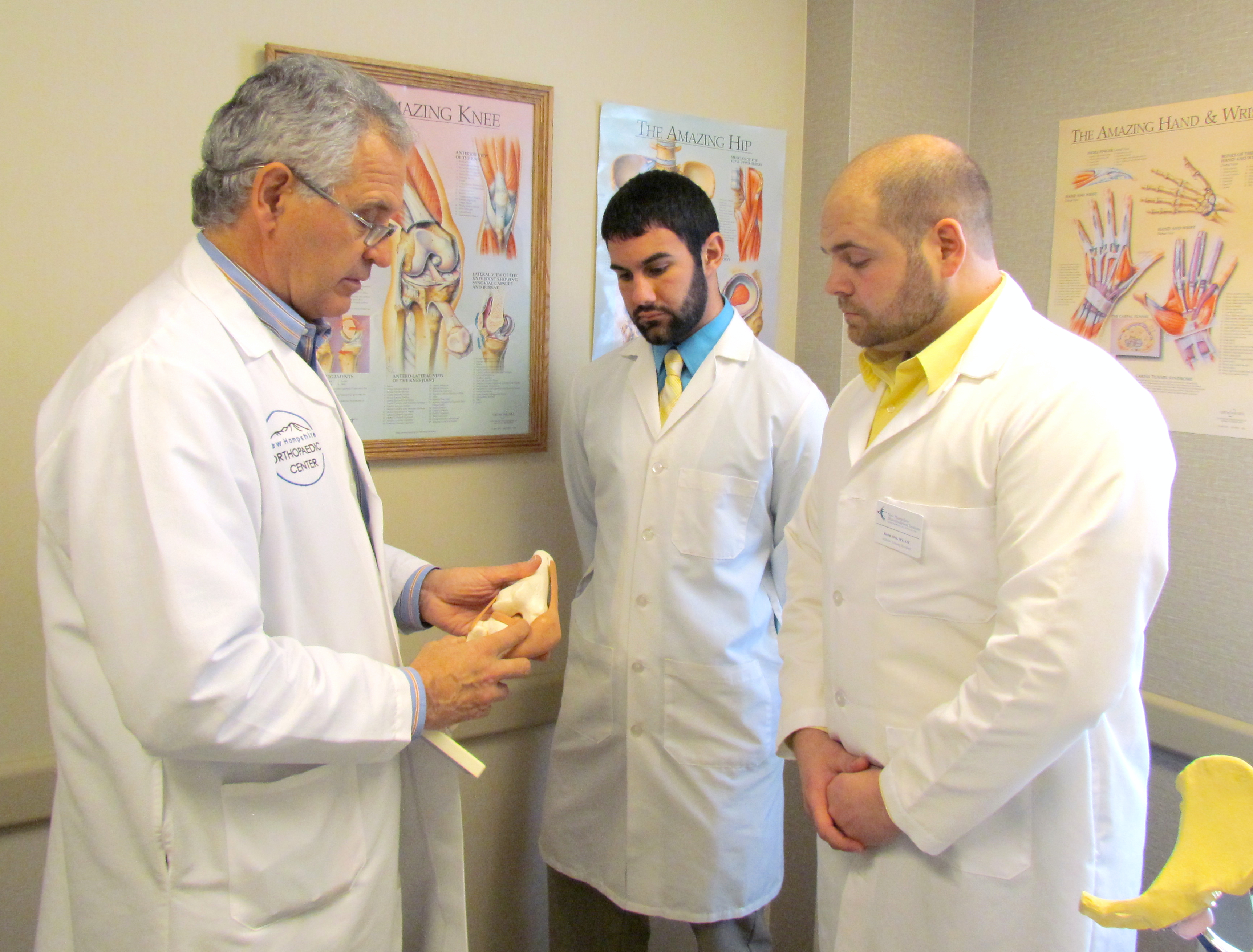May 10, 2018Adjusting to Degree Change

Ever since the Commission on Accreditation of Athletic Training Education decided to eliminate bachelor’s-level athletic training programs by 2022 in favor of master’s programs, colleges and universities nationwide have been working to adapt. At Nicholls State University, the response has been to phase out the bachelor’s degree offerings and switch to a pre-athletic training concentration.
Following this change, Nicholls State’s accreditation will be withdrawn in May. The school’s pre-athletic training concentration will allow undergraduate students a chance to prepare for a master’s level program at another university. An article from The Nicholls Worth, explains that the new concentration will be housed within the existing health sciences degree program.
“[The pre-athletic training concentration] was created in the 2015 catalog, but whenever the university administration decided to close the program, they immediately allowed us to create the concentration,” Gerard White, MEd, LAT, ATC, Assistant Professor and Clinical Coordinator for Athletic Training at Nicholls State, said. “Instead of us having the Athletic Training program, we will develop a feeder program for some of the athletic training programs in the state.”
There are expected to be significant differences between the curriculum for the soon-to-be eliminated bachelor’s degree and the pre-athletic training concentration.
“[The concentration] is absolutely something different than the athletic training degree program,” White said. “Our athletic training students have taken courses within the program that have had labs tied to them. The courses have clinicals tied to them. Those labs and clinicals are structured, education learning opportunities. The new pre-athletic training concentration does not have that. There’s no labs tied to it, there’s no clinicals tied to it; it’s all pure classroom instruction and they are the introductory-type courses they are going to introduce them to some aspects of athletic training.”
Despite no requirement for clinical hours, the pre-athletic training students will still be encouraged to obtain observation hours alongside Evan Dauterive, MA, ATC, Head Athletic Trainer at Nicholls State.
“Those students who are in the pre-athletic training [concentration] would not be able to provide the same services that our students right now are able to provide,” White said. “Albeit, it’s an assistive role; they are back there to assist Evan and the other athletic trainers, but the pre-athletic training students would not be able to assist in the same manner that our current students are able to assist. That would be a violation of the state law. The only reason why we are allowed to do it right now is because the state allows us to currently have students enrolled in the accredited program.”
Although many factors led Nicholls State to not pursue the creation of a master’s degree in athletic training, a significant one was the new requirements for faculty.
“In order, academically, to offer a master’s degree program, the faculty that teach in that program have to hold the degree higher than the one that’s being conferred,” Brigett Scott, PhD, Department Head of Allied Sciences and Associate Professor of Dietetics at Nicholls State, said. “At that point in time, we did not have any faculty members who had a terminal degree in athletic training, which would be a PhD degree in some related field to athletic training.
“We had to look at, logistically, how could we convert a bachelor’s degree to a master degree when we don’t have any faculty currently that were qualified to teach athletic training master’s-level courses,” Dr. Scott continued. “The university looked at that, and they gathered information from their constituents. So, athletics was contacted and they were asked ‘how will this affect you if we eliminate the athletic training degree?’ They responded back that it wouldn’t be a big effect and that as far as they were concerned, that we could proceed with that.”
Many schools are taking a similar route to Nicholls State and shelving their accredited athletic training programs entirely.
“We call this growing pains. There’s going to be some pains, some problems, some issues with it,” White said. “A concern that some people have is that, in Louisiana for example, at one point in time there were six programs in athletic training. Now, of the six, [Louisiana State University] is the only one that has their program approved for the masters at the state level.”
Over time, this could mean a likely decrease in the number of certified athletic trainers available. However, with increased demand, athletic trainers’ salaries and standards of the profession are expected to improve.



